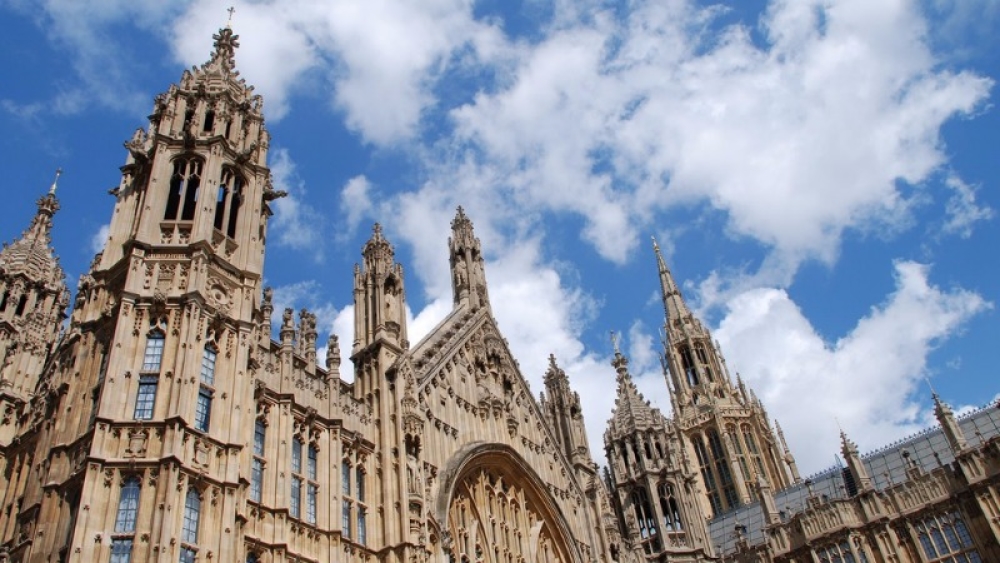The changing nature of regulation
11 Mar 2015

The 2014 autumn statement sought to make regulators more accountable to business
On the 10 March 2015 I attended a discussion hosted by the Better Regulation Executive, who are trying to make government departments and regulators more transparent and accountable to the businesses that they work with.
The means to do this is through voluntary regulation, initiated by a regulator but not imposed on a business. Any action must be the end result of engagement between the regulator and the businesses that it regulates. The measure was announced in the 2014 autumn statement and is now beginning the move forward.
There has been a general move away from imposing regulation in a heavy-handed, top-down manner during the life of this Parliament, and this government has shown its commitment to cutting red tape for business. One of the first moves by the coalition government was to implement the ‘one in two out’ rule, which meant that for every new piece regulation two existing examples of obstructive red tape had to be removed. This process was designed to stop the cumulative build of regulation over time, which nearly every government before this had contributed to. Hopefully this trend continues after the General Election.
Voluntary regulation is a continuation of this process and while the DMA already has great proactive relationships with a number of regulators involved in the data-driven sector, voluntary regulation does present an opportunity to bolster those relationships and at lower level ensure that more individual businesses beyond the large companies are involved directly in those conversations.
Michael Gibbons OBE, is chair of the Regulatory Policy Committee, which will monitor the impact of voluntary regulation on business. He said: "It is a positive expansion of our role as the independent body responsible for providing robust scrutiny of changes in the regulatory environment that affect business, charities and civil society bodies. It reflects the quality and value of the work delivered by the Regulatory Policy Committee over the course of this Parliament”
It is great to see government and the Better Regulation Executive engaging with trade associations and businesses to improve the regulatory landscape of the UK. But moreover, to ensure that business is consulted on the workings of the regulations that in the end it will have to implement. This is good governance and so voluntary regulation should be a policy maintained by the next government.

Please login to comment.
Comments